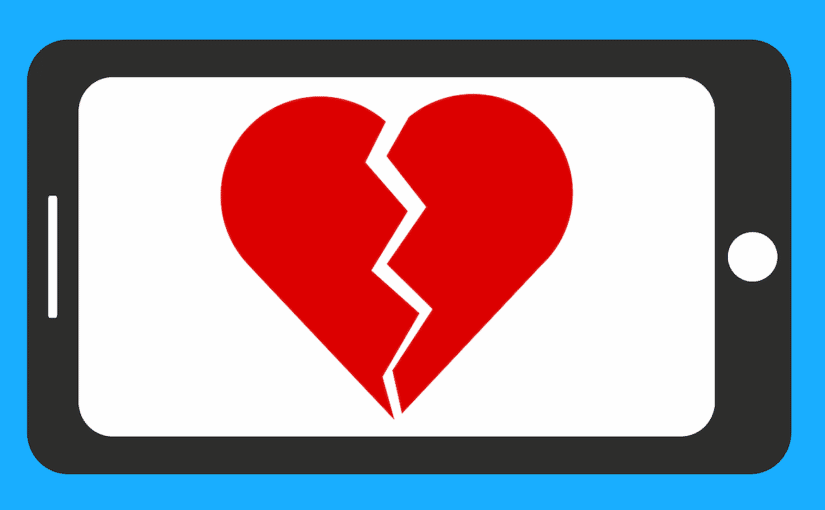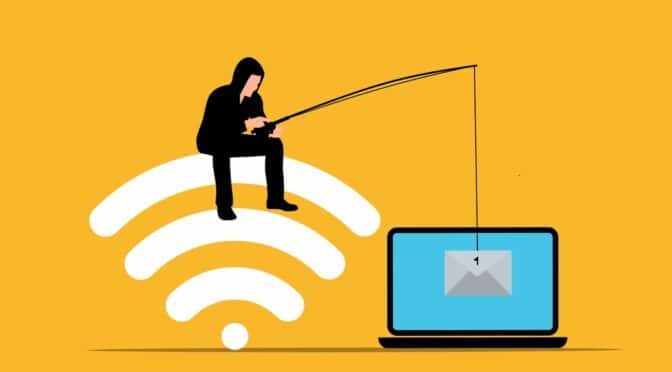Scammers prey on our desire for romance and its possibilities and in 2022 they had very good year. Romance scam thieves raked in more than a billion dollars from people looking for love. The Federal Trade Commission (FTC) reported that nearly 70 thousand people reported romance scams with losses totaling $1.3 billion. That’s more than ever before and the median loss was $4,400.
Many of these bad romance scam relationships start on dating apps. But 40% of the people who lost money to scammers say that it started on social media. Once the scammer developed a relationship with the target, they moved on to continue the conversation on WhatsApp, Google Chat or Telegram.
Sweet-talking crooks have standard lines that come with standard hooks that get you after they develop a relationship.
Here’s what they say in order of which line they use the most:
1. I, or someone close to me, is sick, hurt, or in jail.
2. I can teach you how to invest.
3. I’m in the military far away.
4. I need help with an important delivery.
5. We’ve never met, but let’s talk about marriage.
6. I’ve come into some money or gold.
7. I’m on an oil rig or ship.
8. You can trust me with your private pictures.
Law enforcement officials call that last romance scam “sextortion.” The thief gets your photos and then extorts money from you by threatening to put them on social media unless you pay up. Young people 18 to 29 years old were frequently the victims and more than six times more likely to be victimized than people over 30.
In all categories, more people reported sending money through crypto currency or bank wires. Once you send money that way you can’t get it back.
The Federal Trade Commission offers these tips to help you watch out for scammers:
1. Nobody honest will ask you to wire or send money via crypto currency to help them or to buy anything.
2. It’s likely to be a scam if someone asks you to send money to help them or a family member or friend.
3. If they ask for money on a gift card, you can bet that it is a scam.
The FTC warns you to watch out for suspicious contacts or messages on social media. If someone reaches out to you, report it to the FTC, Report Fraud.ftc.gov.



